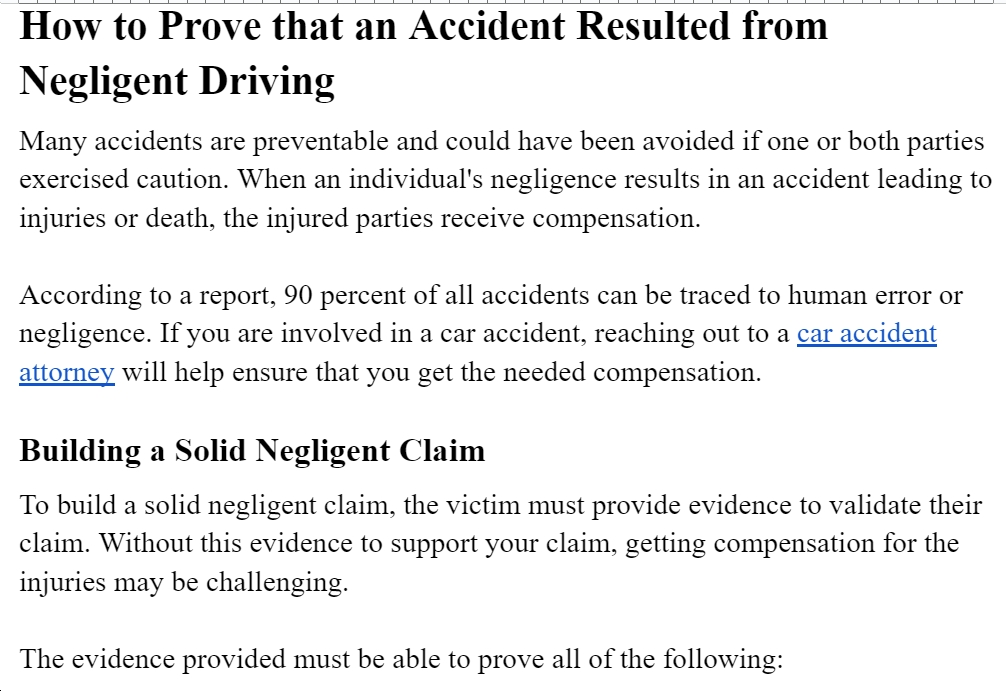Buying a home ranks among the most significant investments and complex transactions someone can make. While exciting, this process can feel overwhelming for first-time buyers unfamiliar with real estate terminology and procedures. Home inspections particularly mystify many buyers despite their importance in making wise purchasing decisions. This guide demystifies key inspection concepts, components, and benefits so Fredericksburg home buyers proceed with confidence.
Simplifying the Inspection Purpose
A Home Inspection Fredericksburg VA provides an unbiased evaluation of a property’s overall condition prior to purchase. The inspector visually examines the home’s major systems and components to assess functionality and safety. This identifies physical deficiencies and maintenance issues otherwise undetectable through a buyer’s standard walk-throughs. Inspections establish a home’s current quality and flag concerns requiring repair negotiations, further specialist assessment, or budgeting for future repairs/replacements.
What Gets Inspected
Inspectors evaluate the following areas using visual examination, operation testing, and advanced diagnostic tools:
Structural Elements: Foundation, framing, floors, walls, ceilings, roofs
Exterior Elements: Siding, windows/doors, decks, porches, drainage, retaining walls
Electrical Systems: Main panel, wiring, outlets, switches, lighting fixtures
Plumbing Systems: Supply pipes, drain/vent pipes, leaks, water pressure, water heater, fixtures
Heating & Cooling Systems: Furnace, heat pump/AC unit, air handler, thermostat, ductwork
Ventilation: Bath/kitchen fans, vent/exhaust piping, passive attic/crawlspace vents
Fireplace/Chimney: Masonry, venting, damper operation, gas supply lines
Built-in Appliances: Ovens, stovetop, microwave, dishwasher, garbage disposal
Common Areas: Garage, patios, driveways, walkways, landscaping
What is Not Inspected
Home inspections do not assess all elements. Limitations include:
- Hidden areas like within walls, beneath flooring, behind appliances
- Items requiring specialty testing like air quality, well water, radon, lead, asbestos
- Low-voltage systems like intercoms, security systems, automated controls
- Personal property like window treatments, furniture, electronics
- Recency of updates like painting, floor refinishing, minor repairs
Selecting the Right Inspector
Home inspections require no state licensing in Virginia, making diligent inspector vetting essential. Seek experienced inspectors actively involved with professional organizations like the American Society of Home Inspectors (ASHI). Confirm proper general liability insurance coverage. Those with construction backgrounds recognize nuances influencing home quality. Reviews indicate responsiveness, professionalism and reporting comprehensiveness.
What to Expect During the Inspection
Buyers typically accompany the inspector during the 2-3 hour on-site process. This provides first-hand insights into home conditions. The inspector will:
- Interview owners regarding updates, issues, warranties, maintenance history
- Visually examine all accessible systems, operate equipment like HVAC units
- Use specialized tools like moisture meters, thermal cameras, electrical testers
- Document issues with photographs and written observations
- Ask questions and educate buyers on home components
- Respect privacy of personal belongings
Clarifying the Inspection Report
Following the inspection, buyers receive a detailed report outlining findings, recommended repairs, maintenance tips, warrantied items, and severity of current/potential issues. Photographs and diagrams supplement written descriptions. Review the report thoroughly and follow up with the inspector to clarify any vague aspects. Use the report to negotiate credits for significant deficiencies or contract specified repairs before closing.
Gaining Peace of Mind
The inspection investment protects against forfeiting thousands on undetected problems post-closing. Even if no major issues surface, understanding a home’s maintenance needs and potential costs brings peace of mind. Think of an inspection as low-cost insurance safeguarding your purchase. Let it guide informed negotiations, prevent unexpected costs, and set up proper home maintenance. With core concepts demystified, Fredericksburg buyers can proceed through the inspection process with confidence.
Using Inspections to Your Advantage in Negotiations
Armed with the objective insights from a home inspection report, buyers gain leverage when negotiating with sellers. Learn how to use key findings to your advantage:
Request Repairs for Significant Issues
Major structural, electrical, plumbing, or HVAC deficiencies identified should be negotiated as seller-paid repairs prior to closing. This prevents large outlays soon after moving in. Consult your real estate attorney to craft a repair request amendment to the purchase agreement outlining specific inspection findings, suggested remedies, and a statement that repairs must be completed by licensed contractors at seller’s expense.
Ask for Credits Toward Smaller Issues
For less critical issues like minor roof patching or gutter replacement, negotiate a credit of 125-150% of the estimated repair cost to handle the work yourself. Justify the credit amounts using inspector estimates or contractor quotes. This also applies to updates for cosmetic deficiencies that don’t mandate repair but you find unsightly.
Negotiate Home Warranty Coverage
If the inspection reveals an older roof, AC unit, or water heater near the end of its lifespan, request the seller to purchase a one-year home warranty plan to cover replacement costs if failure occurs soon after closing. With a protection policy in place, you avoid hassles and out-of-pocket expenses down the road.
Walk Away If Problems Are Too Extensive
If inspection and specialist testing uncovers deal-breaking issues like extensive mold, foundation cracks, major code violations, or inadequate well/septic capacity, it may be prudent to walk away despite losing earnest money deposits. Significant problems could require tens of thousands in remediation that negate any purchase deal. Don’t let homebuying excitement cloud judgement.
Renegotiate Price if Seller Declines Requests
If a seller flatly declines addressing issues raised, negotiate a lower purchase price aligned with the costs of expected near-term repairs or replacements. Show how taking on major repair projects diminishes the value for you as the buyer. Offer a fair price reduction percentage based on inspector estimates.
With the leverage of an inspection report, buyers can negotiate wisely to maximize purchase value and minimize looming costs. Inspections provide protection, not obstacles, when you understand how to apply findings advantageously.



